-
KOSPI 2577.27 -2.21 -0.09%
-
KOSDAQ 722.52 -7.07 -0.97%
-
KOSPI200 341.49 +0.02 +0.01%
-
USD/KRW 1396 -2.00 0.14%
S.Korean AI chip fabless Rebellions beats global chip giants in MLPerf tests
Korean chipmakers
S.Korean AI chip fabless Rebellions beats global chip giants in MLPerf tests
The Korean startup’s AI chip ATOM outperformed Qualcomm and Nvidia chips in language and vision inference tests
By
Apr 07, 2023 (Gmt+09:00)
4
Min read
News+
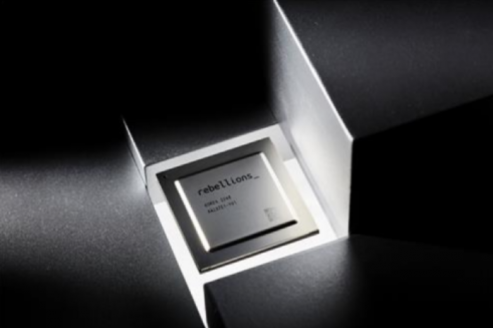
Rebellions Inc., a South Korean artificial intelligence chip design startup, beat global chip giants Qualcomm Technologies Inc. and Nvidia Corp. in the latest AI chip performance tests by an internationally renowned machine learning engineering organization, raising hopes for the future of the country’s memory chip-centered semiconductor industry.
According to the latest results of the industry-standard MLPerf Inference v3.0 benchmark suites announced on Wednesday, Rebellions’ ATOM chip performed the best, showing off the fastest speed in processing large language and vision models.
The Korean AI chip’s processing speed was 1.8 times and up to 2 times faster than the same class chips by Qualcomm and Nvidia, respectively, in a single stream latency test in the large language model area by MLPerf Inference v3.0 test. This means that ChatGPT run on an ATOM-fitted computer delivers the quickest answers to its users.
The Rebellions’ AI system-on-chip on its original ION core architecture also showed 1.4 times and 3 times faster processing performance in the vision area than the chips of Qualcomm and Nvidia, respectively, topping the test.

Rebellions is the first Korean AI chip developer to score top in both language processing tests by MLPerf, said its Chief Product Officer Kim Hyo-eun.
Its win follows the victory of two other Korean fabless startups -- FuriosaAI Inc. and SAPEON Inc. -- in the previous MLPerf Inference tests in 2021 and 2022, respectively, raising hopes that Korea, home to two global memory chip giants Samsung Electronics Co. and SK Hynix Inc., will be able to diversify its semiconductor industry beyond memory chips.
GLOBAL NODS TO KOREAN AI CHIPS
MLPerf is a benchmark suite launched in 2018 as a comprehensive set of system tests to measure machine learning performance to define and run AI performance metrics. It releases a new round of benchmarks for AI Inference processing once every six months.
It is run by MLCommons, a leading open AI engineering consortium founded in the same year to accelerate machine learning innovation by some 50-plus members of companies, academics and non-profit organizations from around the world, including Harvard University, Google and Qualcomm, Samsung Electronics and more.
Rebellions debuted its first performance results in the latest test round, according to MLCommons.
FuriosaAI’s chip outperformed Nvidia’s same-class chip in MLPerf tests in a large image and video performance test in 2021, while an AI chip by SAPEON, backed by the Korean telco giant SK Telecom Co., showed 2.2 times better power efficiency in a data center AI chip test in 2022.
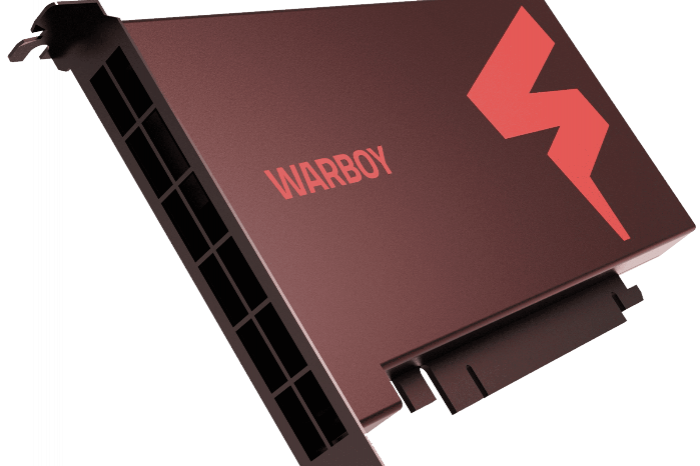
NOVEL FABLESS STARTUPS, FUTURE OF KOREAN CHIP INDUSTRY
The ascent of the Korean fabless AI chip startups is good news to Korea that is seeking to foster the fabless and non-memory chip sectors.
An AI chip is an integrated circuit specially designed to run machine learning programs. Especially global competition to lead the AI chip market is intensifying these days, with the advent of generative AIs following the debut of ChatGPT by OpenAI.
Korea needs to foster novel chip technologies beyond memory chips and nurture experts like Rebellions to stay competitive in the global semiconductor market, industry observers said.
Rebellions was co-founded in September 2020 by Chief Executive Park Sung-hyun, a former quant developer at global investment bank Morgan Stanley and Elon Musk’s aerospace company SpaceX, and Chief Technology Officer Oh Jin-wook who previously designed AI chips at IBM. CPO Kim was a former deep learning technology developer at AI medical device maker Lunit.
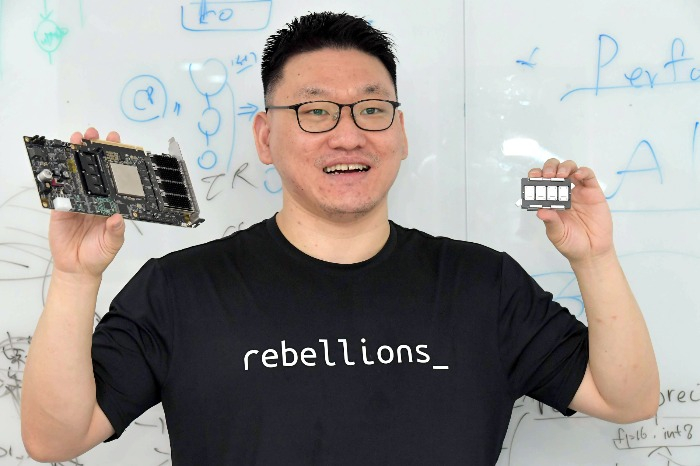
It had garnered a total of $130 million from investors including Kakao Ventures, Shinhan Capital and Korea Development Bank until June last year when it received a 30 billion won ($22.7 million) extension to its Series A funding from Korean telecom giant KT Corp.
FuriosaAI CEO June Paik worked at Samsung Electronics and Advanced Micro Devices Inc. (AMD) before he founded the fabless startup in 2017. FuriosaAI is the developer of a silicon system chip dubbed Warboy, and it recently announced its partnership with American AI company Hugging Face Inc. to develop an inference chip that can support large language modeling.
SAPEON started as an in-house venture project at SK Telecom and was spun off as a separate entity in 2021, headed by CEO Ryu Soojung, a former professor at Seoul National University leading research on NPU and PIM and ex-vice president of Samsung’s R&D center overseeing GPU projects.
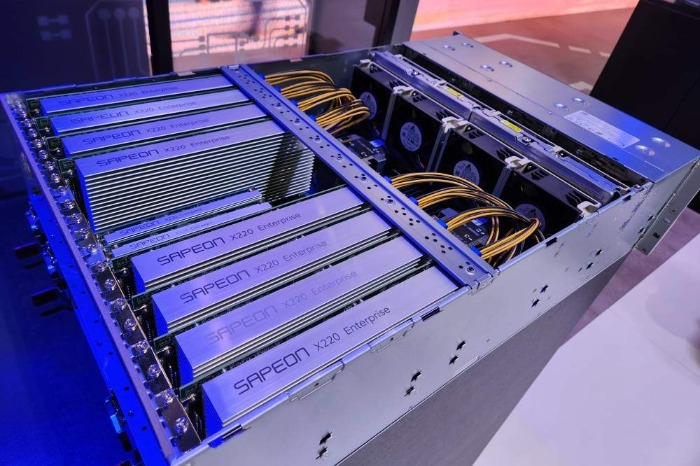
Rebellions plans to kick off the mass production of 5-nanometer ATOM chips with Samsung Electronics’ foundry early next year, while Taiwan Semiconductor Manufacturing Company Ltd. already began commercial production of FuriosaAI’s chips last year.
Write to Joo-Wan Kim at kjwan@hankyung.com
Sookyung Seo edited this article.
More To Read
-
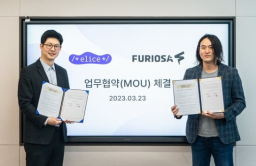 Artificial intelligenceS.Korea's Elice, FuriosaAI to develop training for AI semiconductor talent
Artificial intelligenceS.Korea's Elice, FuriosaAI to develop training for AI semiconductor talentMar 28, 2023 (Gmt+09:00)
-
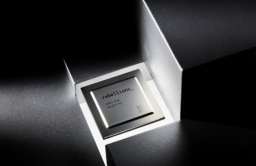 Artificial intelligenceS.Korean AI chip developer Rebellions releases Atom SoC
Artificial intelligenceS.Korean AI chip developer Rebellions releases Atom SoCFeb 13, 2023 (Gmt+09:00)
-
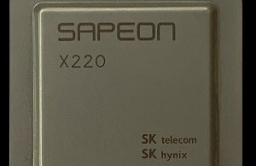 Artificial intelligenceSAPEON X220 completes tech demo of fashion-specialized AI service
Artificial intelligenceSAPEON X220 completes tech demo of fashion-specialized AI serviceDec 30, 2022 (Gmt+09:00)
-
 Korean startupsKT injects $23 mn into fabless startup Rebellions
Korean startupsKT injects $23 mn into fabless startup RebellionsJul 06, 2022 (Gmt+09:00)
-
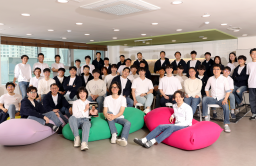 Venture capitalFabless startup Rebellions raises $50 mn in Series A
Venture capitalFabless startup Rebellions raises $50 mn in Series AJun 03, 2022 (Gmt+09:00)
-
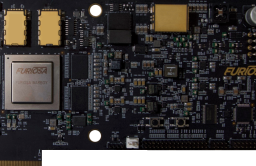 Korean startupsKorean startup FuriosaAI's Warboy overtakes Nvidia
Korean startupsKorean startup FuriosaAI's Warboy overtakes NvidiaSep 23, 2021 (Gmt+09:00)
-
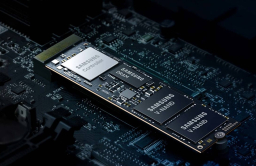 Korean chipmakersMemory leader Samsung aims to strengthen system chips, foundry
Korean chipmakersMemory leader Samsung aims to strengthen system chips, foundryJun 08, 2021 (Gmt+09:00)
-
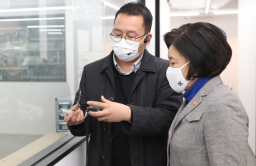 Korean chipmakersFadu, Mobilint emerge as S.Korea's system chip startup dark horses
Korean chipmakersFadu, Mobilint emerge as S.Korea's system chip startup dark horsesNov 24, 2020 (Gmt+09:00)


